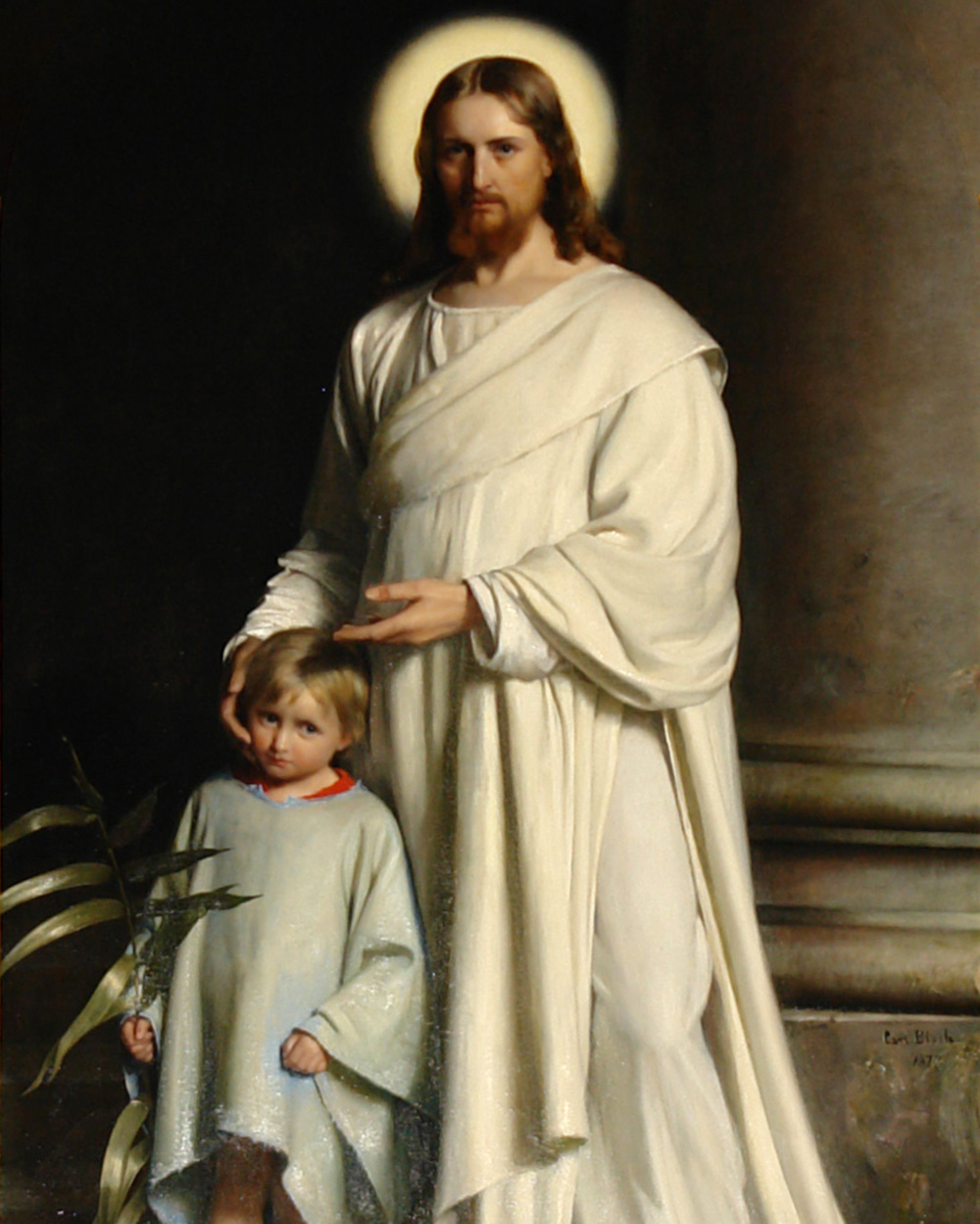The anemic style so frequently noted in recent translations and compositions of prayer, particularly over the past sixty or so years, is not quite so likely to please the Master of the Kingdom that suffers persecution. Treatises have been written about the terse, clear style of prayer expressed in the collects of the Roman Rite – many of which are often repeated with their various motifs throughout the Missale and Breviarium Romanum. If one wants anything mightily, that person will not be easily discouraged or disheartened by rebuffs or affronts. If resilient determination and sturdy endurance are necessary for our earthly triumphs, we should not expect simple wishfulness to bring us to the heights of the Kingdom of God.
A soul is at home when he or she is humbly before the Lord kneeling in prayer. Stamped by the Creator with the divine image and likeness, we achieve the highest fulfillment of our earthly destiny when we rise above the sordid things in life and make unequivocal approach to the Divine Exemplar. Our immortal souls are endowed with the higher faculties which distinguish us from the plants and animals, and precisely so to bring us to God. The worldly secularist, who bends the knee only to the vociferous media (if to anything), in pride thinks that he achieves greatness, but only squanders his God-given faculties to a level lower than that of the animals. When man descends to kneel before the Lord Jesus Christ in adoration, to converse in friendship with his God, he proves his awareness of his truest nobility. The prayerful person, however great in worldly distinctions, because he is conscious of our common dependence upon Almighty God, will be deeply grateful for every single prayer offered.
When the God-Man, Jesus Christ, walked the ways of this earth, He gave frequent evidence of His desire that we manifest a relentless perseverance in prayer. A convincing example of this is the encounter with the Syro-Phoenician woman, whose daughter was possessed by a devil. The grief-stricken woman appealed to Him to have mercy on her. Christ passed without noticing her. And yet, not being daunted, she pressed into the crowd appealing to the Apostles to speak for her. They drove her away. Again, appealing to Christ, He rebuked her: “I was not sent but to the lost sheep of the house of Israel.” Even this did not discourage her. She follows, and again makes her appeal, casting herself at the feet of Jesus. Once again, He rebukes her, saying, “it is not right to take the bread of the children and cast it to the dog.” She answered, “Lord, for even the dogs eat of the crumbs that fall from the table of the master.” She won.
Christ deliberately tried the faith of this woman. He often puts us to a similar test. Naturally, the Christian soul must not tempt God. We cannot impose our will on Him. What we ask may not be for our greater good. Whatever grace we ask must always be sought for in conformity to the will of God. And if God seems to turn a deaf ear to our supplications, we ought not to conclude that He does not hear our prayers. When tempted with this rebellious thought, we should look to Gethsemane. There was offered a prayer of infinite value. Christ returned three times to His pitiful plea to His Heavenly Father to let this chalice pass from Him. God the Father did not grant the request.
It can be said that persevering prayer is the very material of which the indestructible Church is built. Christ’s act of submission in Gethsemane was the laying of the cornerstone of the Church. For 10 days, the Apostles “persevered with one mind in prayer and supplication with the women, and Mary, the Mother of Jesus, and with the brethren.” At Pentecost “they were all with one mind in one place.” When St. Peter was captured “prayer was made without ceasing for him.”
We are not worthy of that select and distinguished company, if we become disheartened at the seeming lack of response of God toward our needs. Perhaps He is trying us as He did the Syro-Phoenician woman. Perhaps we are not praying wisely. In any case, we know that He is not pleased with our weak and dubious faith. “Consider”, He tells us, “the lilies of the field, how they grow … Consider the birds of the air. Are you not better than these, O ye of little faith?”
This strength must come from the Lord through the river-beds of prayer elevating our rational intellect and will to the things of eternity. Today, the innumerable persecuted Christians who are condemned, mistreated, betrayed, are able to give us the example of patience, perseverance, tenacity and courage, because their strength is in Christ, which comes to them in persistent prayer. We ourselves do not appear very heroic beside these giants of Christianity. One might even be tempted to say that martyrdom is easier than the daily, prayerful pilgrimage of the Ascent of Mt. Carmel. Persistence in prayer and the Christian life in general requires extraordinary courage, the strength to advance into a mysterious and supernatural realm, the spontaneity to begin each day again in dedicated conversation with the Most High, the patience to wait until God reveals Himself, resistance to the many snares that are laid on the obscure path-way of faith, the courage to renew continually the fervor of one’s charity through the communication, cor ad cor, with the Most Blessed Trinity.
When you pray, pray mightily!








